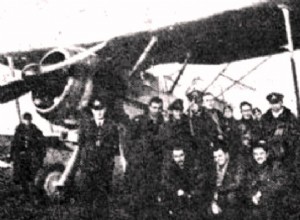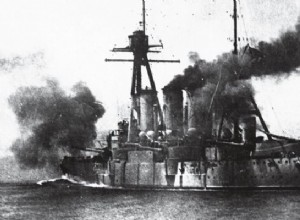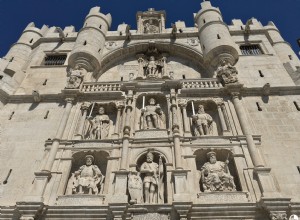The visitor to the plain of Paramythia, where the area is called airport, will hardly realize that about seven decades ago, the quiet of the small valley was awakened by the hum of engines and that some of the most brilliant pages of the Aviation History of the Second World War in Greece. There was




